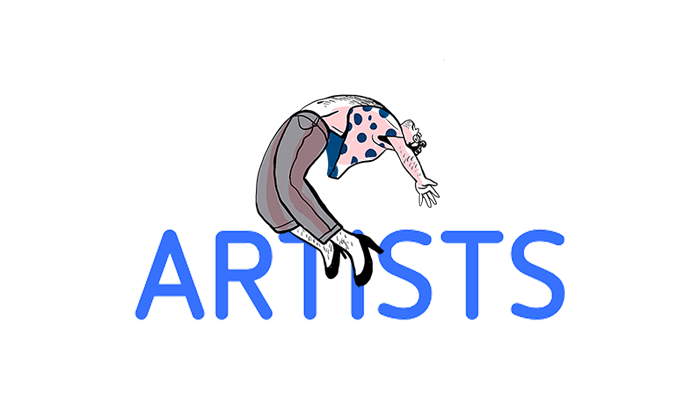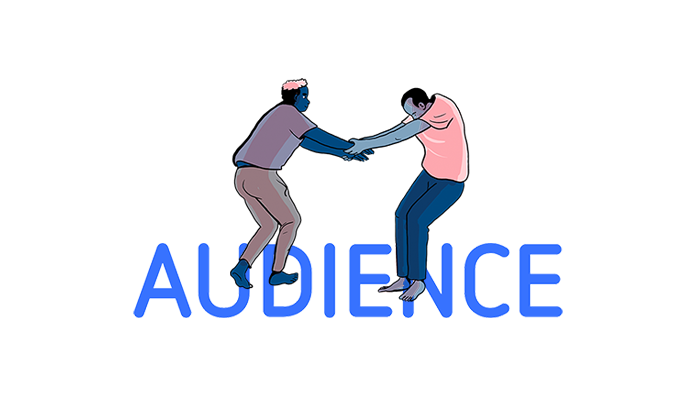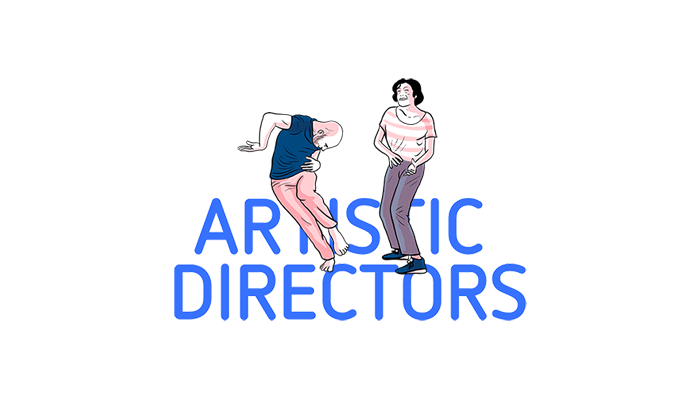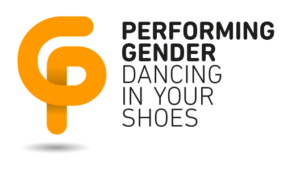Communities
9 Performing Gender local communities are dancing in your shoes!
Partners and Dance Makers engaged hundreds of different people in a community building process.
Artistic co-creation and co-production the tools to explore and reflect on gender issues.

Happens in
Each partner was involved in establishing a strong connection and a deep relationship with members of heterogeneous and blended communities.
How have we brought together dance, gender, personal stories and different backgrounds and knowledge?
Take a closer look through the map:
Community members
Challenges
We wanted to fight
Safe spaces
Trust and security are two crucial elements in the development of a community that includes those people who have normally been marginalised, discriminated against. The aim was to build relationships of trust, safe spaces in which people could express themselves freely and conquer the spaces they have always been denied.
Long term engagement
A challenge was to build communities that last over time and space to make sure that people continue to be part of the project. On the part of cultural organisations, at the end of the EU project, there is certainly a need for fundraising efforts in order to support activities.
Open discussion about gender issues
Sometimes it is difficult to talk about gender issues with young people.
Mixed communities
Some people may not feel comfortable with others who are not part of their “group”, already identified as a community. The challenge was to prove that mixing different groups is possible and enriching.
Outreach
One of the aims of the activities wasto reach out to outsiders, those people who have never been interested in addressing the project’s issues and who were not connected to Performing Gender’s cultural partner organisations.
People involved
Artists, Audience developers, Artistic directors:
How to co-design processes? What have been the key aspects taken into account?
Artists
All of them face a huge experience in community dance practices with non-professional dancers but also with people who have never practised dance. Not only that, they are all artists who have a certain sensitivity to gender issues.


Audience developers
They actively participated in the workshops, on an equal footing with the other participants. Not only to break down hierarchical principles and power relations but also to understand people’s needs and barriers.
Artistic directors
They participated in moments of confrontation and discussion rather than practices in order to keep an overview and coordinate artistic production processes.

Community
dance practices
Discover the different phases
of the project

